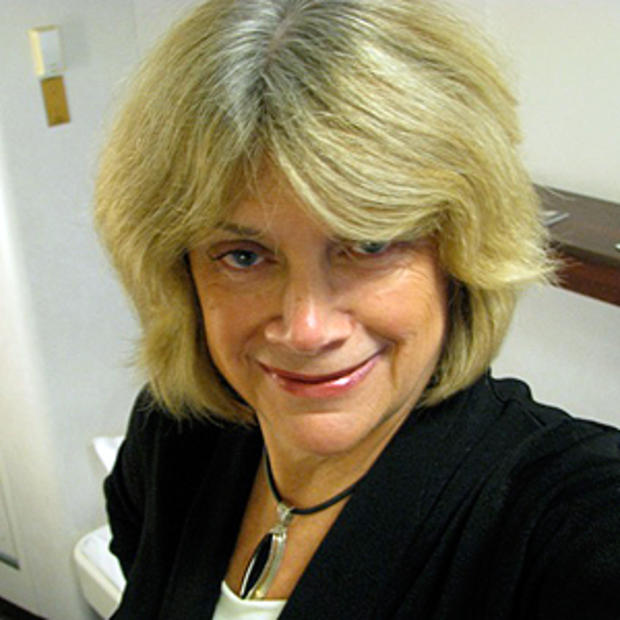It was fitting that Whidbey Island's New Media 2012 conference was scheduled the same day in September as the annual Langley Soup Box Derby. You see, the Langley Soup Box Derby is from another millennium. It was created in 1972 by supporters of the Soup Coop, a hippie hangout and eatery at the corner of First and Anthes in downtown Langley. The derby was a (hopefully) wreckless race of homemade gravity-powered vehicles that took place on First Street hill, followed by an awards ceremony featuring wild and wacky trophies presented to both winners and losers.
Although the Soup Coop is long gone, morphing most recently into an upscale rare print and book store, the derby has been revived and nowadays informally marks the end of summer in Whidbey's so-called Village by the Sea.
Fast forward to New Media 2012, whose tagline is, "Where the hell is this all headed, anyway?" I wrapped up doing the live, color commentary of the derby around noon; jumped off the back of the flatbed truck where I'd been announcing; and walked half a block to The Clyde Theatre for the afternoon presentation. Producers of the event were Fusionspark Media, a new-media communications firm cofounded by Russell Sparkman; and Brent Friedman, founding partner of Electric Farm Entertainment, creator of MTV's multi-platform interactive series Valemont. Both companies are headquartered in Langley.
The 10 speakers, who included Sparkman and Friedman, addressed the nearly packed house of the 1937 movie palace for 2½ hours. The theater had been appropriately wired for the event; laptops glowed in the dark as tweeters hunched over their keyboards. Joe Pulizzi, a self-described "content marketing evangelist" and founder of Junta42.com, spoke to the crowd from Cleveland via Skype. Originally scheduled to be a live presenter, Pulizzi was celebrating his son's birthday, so technology came to the rescue. His prediction for 2012? Seventy percent non-traditional media.
The other five-minute "quick fire" presentations featured journalist Tom Kennedy of Maryland's Kennedy Multimedia ("Journalism needs to change and evolve; stories are important") and 6Sight founder Alexis Gerard ("It's about going visual, hear what I say and see what I see"). Also on the program were panelists Robert Gilman of the Context Institute; Joseph Tringali of 5TH Cell Media; Marcia Hoffman of Electronic Frontier Foundation; John du Pre Gauntt of Media Dojo; and Georgey Henny, co-CEO of Whidbey Telecom and Fibercloud.
I met with Sparkman several weeks later, and he was still aglow from the debut of what he hopes will be ongoing discussions about New Media. He was impressed that the audience comprised approximately half islanders and half off-islanders. "What happened was not an accident," Sparkman said about the successful turnout. He thinks the time is ripe, and that there's a "hidden economy" on the island of people working from home in the digital world. His long-range dream is to build a multimedia arts and technology center in Langley, along the lines of the Center for Creative Imaging in Camden, Maine. Sparkman was an instructor at the Kodak-funded center ("It was the Bauhaus of the digital era"), and thinks a similar facility would be a good fit for Whidbey. Sadly, the center in Maine didn't survive, and Kodak eventually sold it to a real estate developer.
Sparkman is already planning another New Media seminar to be held sometime this spring in Langley.


